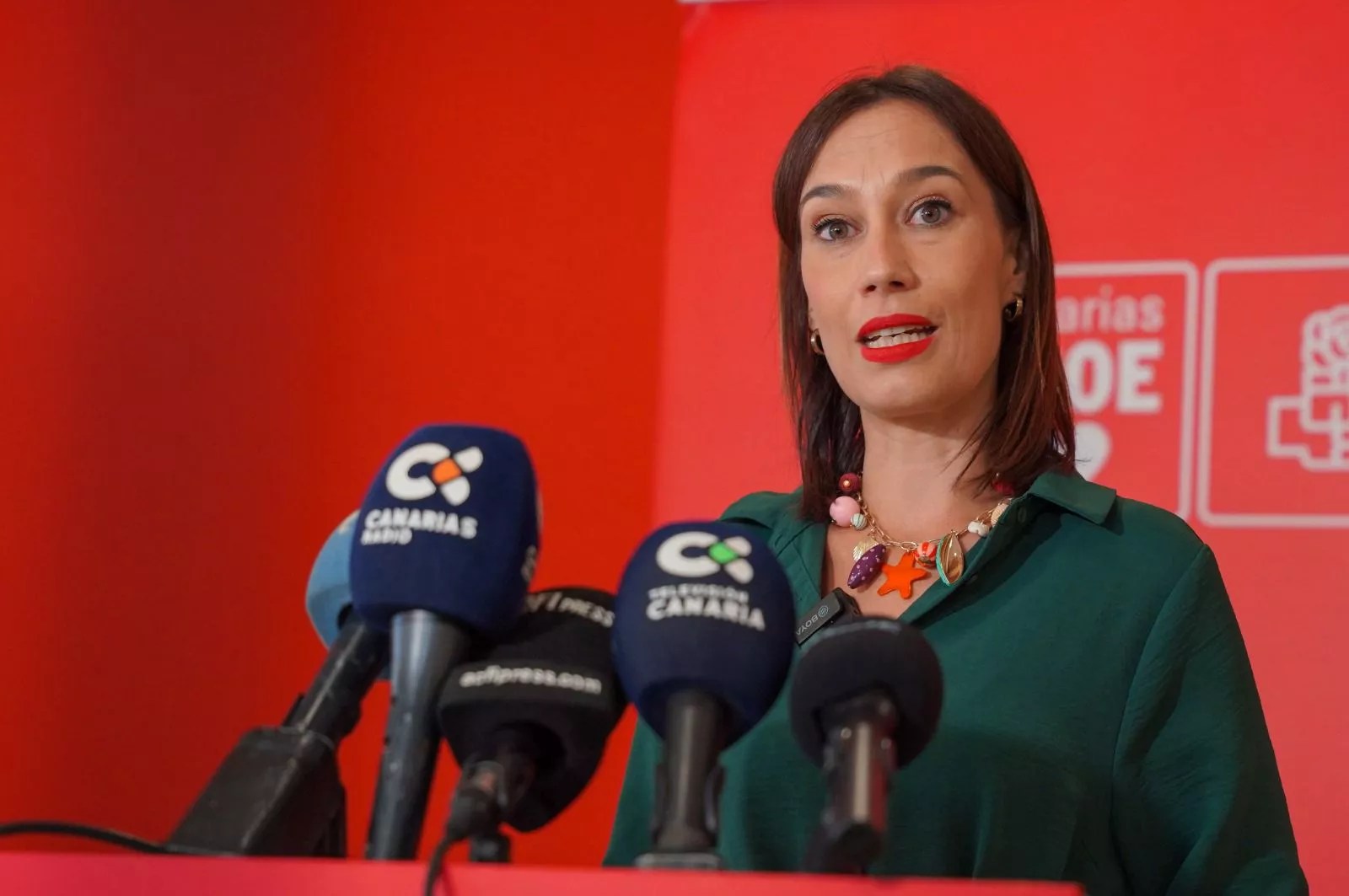From the area of Environmental Sustainability and Public Services of the City Council of Santa Cruz, with Councilor Carlos Tarife at the helm, the aim is to obtain 4,278,455.58 euros from the call for subsidies published by the Government of the Canary Islands to support the implementation of waste regulations, within the framework of the Recovery, Transformation and Resilience Plan financed with the funds Next Generation.
Specifically, from the area, a project to expand and improve the bio-waste collection service in the municipality has been submitted to this call, for which it is expected to obtain 3,893,062.98 euros, and another to improve the selective collection of waste in the municipality through the implementation of local clean points, requesting 385,392.60 euros.
As for the first project, for 3,893,062 euros, “the aim is to improve the current service and advance the implementation of the bio-waste collection service” to reach the entire municipality. It should be remembered that the City Hall began, in November 2021, this service for homes with the installation of brown containers closed with access keys, beginning in the Salud La Salle district with the idea of gradually reaching all the others until 2025.
However, the file states that “although the amount of bio-waste collected is increasing, the desired amounts are not being obtained to achieve the figures established by European regulations. Therefore, it is decisive that, in addition to expanding the service to the rest of the districts, the current service is improved”, for which it is considered necessary to adopt measures such as incorporating the side-loading container system into the home collection system on those roads where that is viable, as well as a new container model, more in line with those installed for the rest of the fractions, and that it has a personalized electronic opening system that is activated by means of cards and that can also allow the implementation of measures such as pay per generation or rewards for users.
In addition, technological improvements are included in the trucks, computer programs and technical support, increase and improve information and awareness campaigns, as well as the crushing of vegetable remains that are generated in the municipality, with two new crushers, to create a compost high quality, among others.
The proposal for action, details the file, will involve the placement of a total of 2,000 collection points, divided into 800 side loading points and 1,200 rear loading. Likewise, for the improvement and implementation of the service throughout the municipality, the acquisition of two new side-loading vehicles will be required.
On the other hand, with the second project, for 385,392.60 euros, they want to acquire six local clean points in order to have one in each district, except Salud – La Salle, which, being more populated, would have two. “The citizen has it closer to the home than the fixed clean points, and can use them at any time of the day and week, which is an improvement over the municipal mobile clean point,” the file collects.
This system allows the collection of 14 different fractions, such as batteries, light bulbs, coffee capsules, paint and solvents, metals or cleaning products, among others, and “they will be transferred from one point to another within the District, that is, It will be about mobile clean points, but they will have a more or less extensive permanence in each place”.
Currently, the municipality has a fixed clean point, managed by the Cabildo, and another municipal mobile, implemented in March 2021.
Exchange of belongings
In addition, according to the project, “the waste collection service in the clean points of proximity will be provided with additional functionality” to “turn them into suitable points for the exchange of waste, mainly of household goods”, since “within all the furniture, fixtures and appliances collected, a large part is in good condition and would be useful for a second use”.
For this reason, the file states that “the municipal waste collection service is working on the creation of a municipal platform called Santa Cruz – Reuse!”, which is based “on a collaborative web portal from which citizens can participate in the circular economy of the municipality giving a second life to its furniture and belongings”.
















